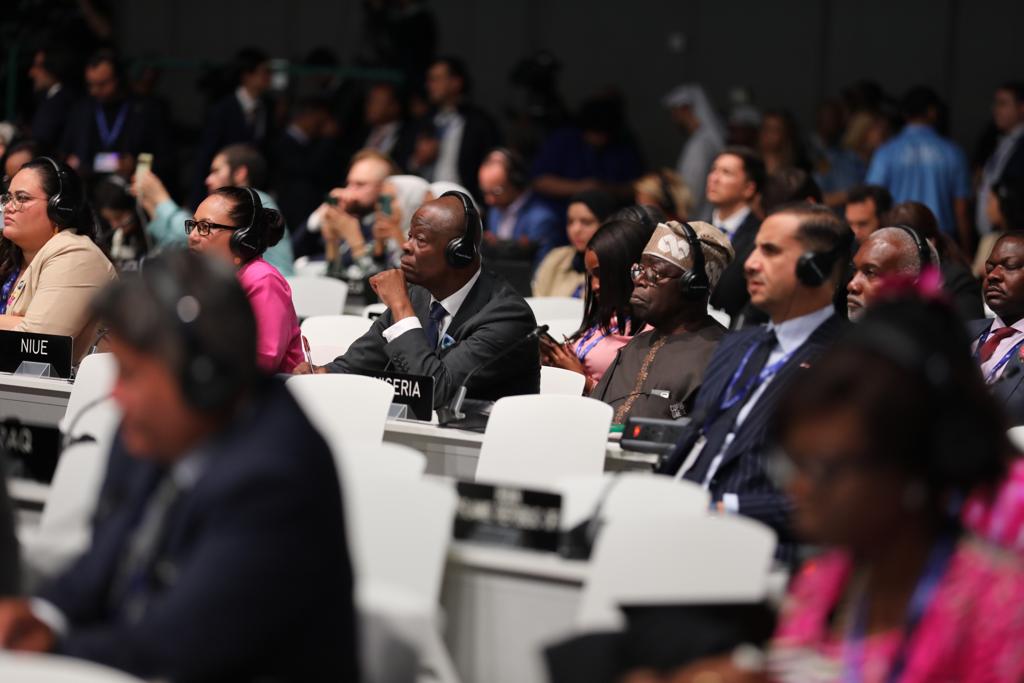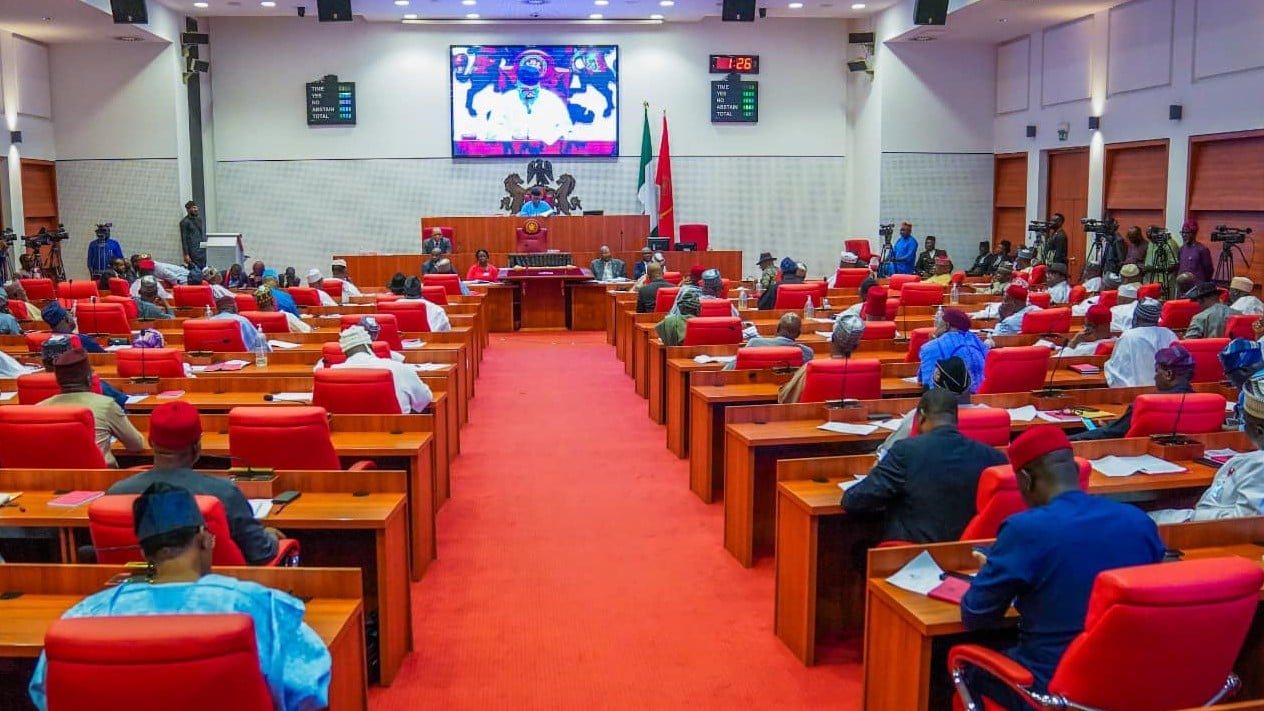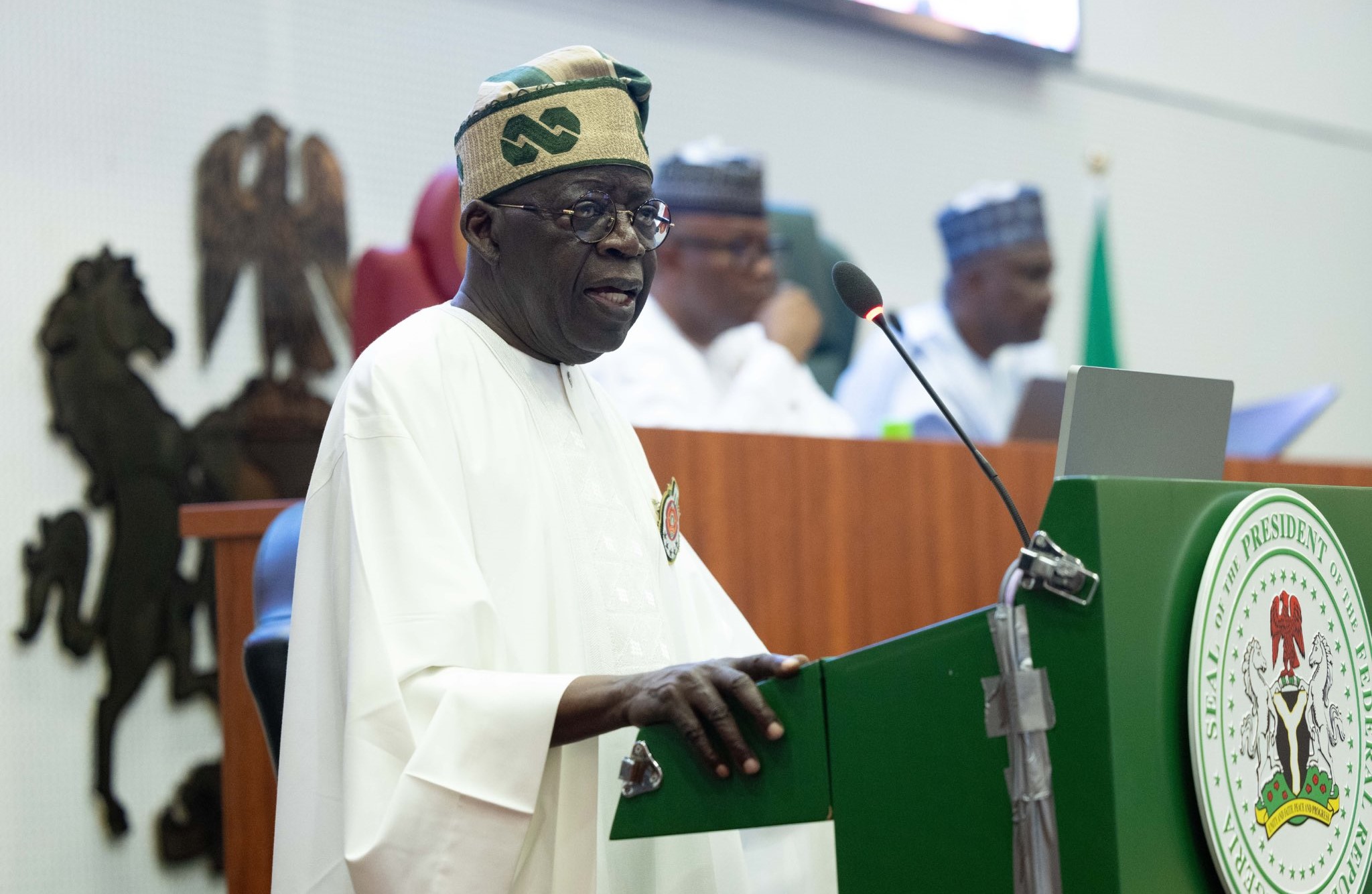2023 was indeed a historic year in the climate change sphere.
From the outrageous number of the Nigerian delegation to COP28, to the operationalisation of the Loss and Damage fund, and a historic deal for countries to transition away from fossil fuel, 2023 sure got the world locked in discussions over climate change.
There were also concerns over the efficient utilisation of funds voted for at some of these summits.
Some analysts have wondered whether voted funds actually reach countries most vulnerable to the impact of climate change.
Advertisement
In July, the planet experienced the hottest month on record with a surface temperature of 1.12°C.
Just when we thought the worst was over, August and September broke the records for the hottest months when juxtaposed with what obtained in 2022.
July’s sea surface temperature anomaly was 0.07°C (0.12°F) higher than the former all time record high anomaly of June 2023.
Advertisement
Back home in Nigeria, the reopening of the Lagdo Dam in neighbouring Cameroon, worsened the annual floods.
Here is a look at the resolutions and key take-aways from some of the major climate change summits of 2023.
AFRICAN CLIMATE CHANGE SUMMIT (ACS)
Africa has been classified as the most “vulnerable continent” when it comes to accessing the impact of climate change.
Advertisement
In 2023, the African Union inaugurated the Africa climate summit to discuss sustainable solutions to global climate challenges, with the theme: ‘Driving Green Growth and Climate Finance Solutions for Africa and the World’.
During the summit, the Nairobi declaration was proclaimed with a call to establish a new financing framework responsive to Africa’s needs, including debt restructuring and relief.
African leaders called for a rapid reduction of emissions to align with goals set in the Paris Agreement.
They called for a swift operationalisation of the Loss and Damage facility agreed at COP27, underscoring that the continent contributes the least to climate change, yet is most vulnerable to its impacts.
Advertisement
They also stated that Africa would have to spend five times more on adapting to the climate crisis than on healthcare.
At the end of the summit, over $23 billion in funding was raised by Africa’s leaders and stakeholders for climate adaptation and resilience efforts.
Advertisement
AGORA POLICY
On November 22, an Abuja-based think tank brought policy makers and key players together to dissect the risks and opportunities climate change, energy transition and the green economy present for Nigeria.
Advertisement
It was also an avenue for Agora to launch its latest policy paper titled: ‘Nigerian Climate Change and the Green Economy’.
At the event, stakeholders called for the inclusion of vulnerable communities through the simplification of climate change terminologies.
Advertisement
Panelists argued that Nigeria needs to strike a balance between improving energy access and aligning with renewable energy.
AIM FOR CLIMATE SUMMIT
In May, Washington DC played host to partners and policy makers for the Aim for Climate Summit, in a bid to increase and accelerate growth in agriculture and food system innovations.
The summit was an avenue to shed more light on how agriculture contributes immensely to climate change.
Speakers argued that the world can attain food security through climate-friendly and innovative agriculture without environmental degradation.
The three-day United Arab Emirates (UAE) and US-led Agriculture Innovation Mission for Climate (AIM4C) Summit was first launched at COP26 in Scotland, and had over 130 countries sign up to a declaration on food — which contributes one-third of the gases warming the planet.
CONFERENCE OF PARTIES COP28
The United Nations (UN) climate change conference of the parties (COP28), an annual event where world leaders, stakeholders and policy makers convene to make decisions on climate change, held in Dubai.
Some 97,372 delegates from around the world participated in the talks.
The first week of the conference saw the operationalisation of the Loss and Damage fund.
The Loss and Damage fund will offer financial assistance to developing countries, especially to nations most vulnerable to the impact of climate change.
More than $450 million was pledged by countries.
Nigeria’s federal government unveiled its carbon market activation plan, aimed at reducing the country’s carbon footprint and modernising its transport system.
Nigeria also signed a memorandum of understanding (MoU) with Germany on the implementation of the Presidential Power Initiative (PPI).
After two weeks of intense negotiations, the conference slipped into overtime over whether to phase out or phase down fossil fuel.
Sultan Al-Jaber, president of COP28, eventually announced that countries had agreed to transition away from fossil fuel and not phase it out — a historic move to achieving the global warming limit of 1.5°C.
Add a comment






